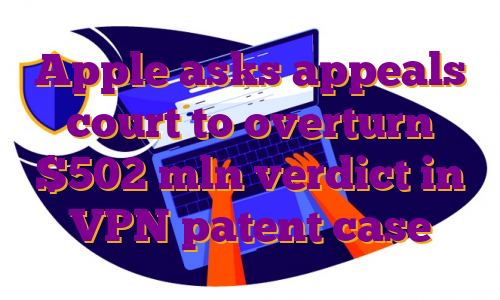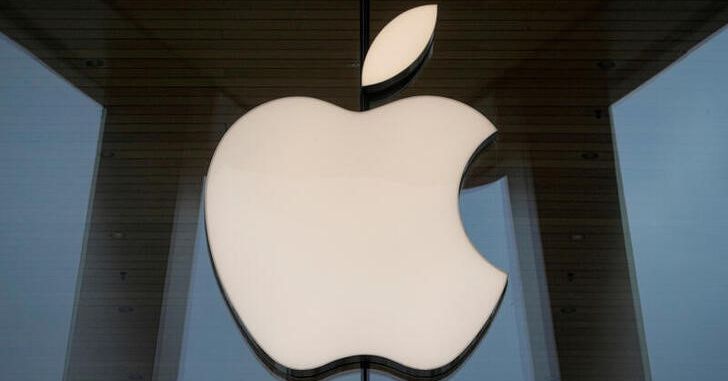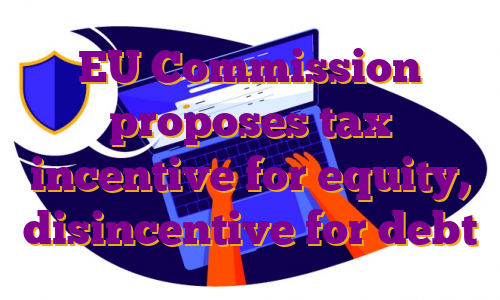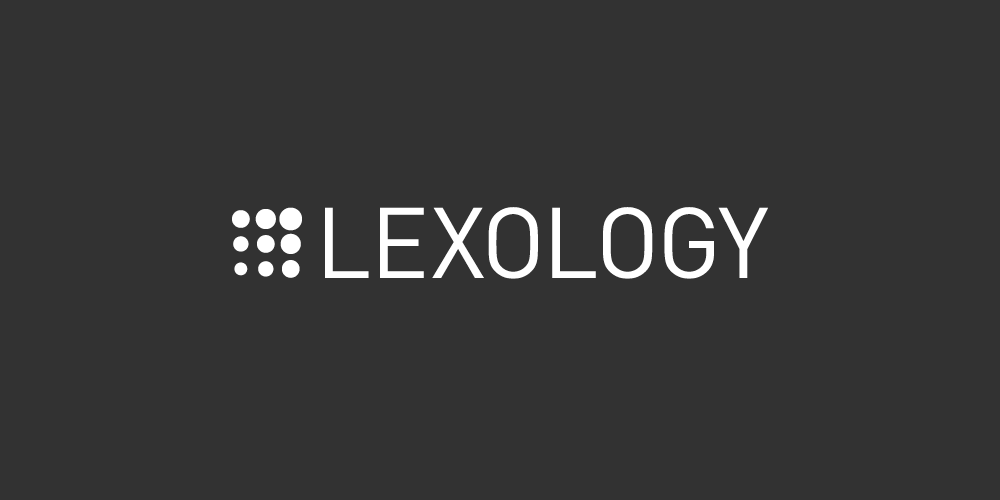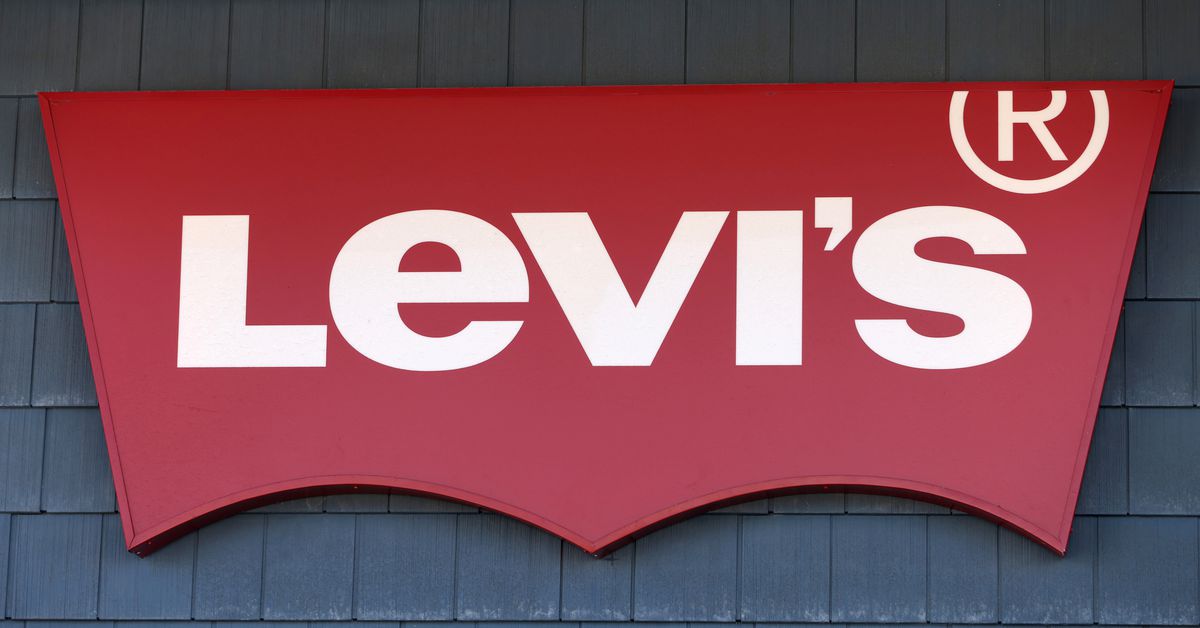The Apple logo is seen at an Apple Store in Brooklyn, New York, U.S. October 23, 2020. REUTERS/Brendan McDermid
Register now for FREE unlimited access to Reuters.com
- Judge says Apple brought damages argument too late in VirnetX case
- Apple could still win if PTO patent-validity ruling stands
(Reuters) – A long-running dispute between Apple Inc and patent licensing company VirnetX Inc over privacy-software technology went back to a U.S. appeals court on Thursday for a panel of judges to hear Apple’s new challenges to a $502 million jury loss in Texas.The U.S. Court of Appeals for the Federal Circuit heard Apple’s request to toss the jury verdict, as well as VirnetX’s appeal of a U.S. Patent Office tribunal decision to cancel its virtual private network (VPN) patents that also would negate the award if it stands.The 12-year fight has included five trials and three trips to the appeals court.Register now for FREE unlimited access to Reuters.com“I’m pretty sure this dispute will never end between these two companies,” Chief U.S. Circuit Judge Kimberly Moore said during Thursday oral arguments.VirnetX sued Apple in 2010, alleging that VPN technology in Apple’s iPhones, iPads and computers infringed its patents. After several trials and appeals, a jury awarded VirnetX $502 million in damages in 2020.Apple’s attorney Bill Lee of Wilmer Cutler Pickering Hale and Dorr argued Thursday that the verdict should be thrown out because the jury’s royalty rate was based on flawed calculations by VirnetX’s damages expert.Lee said there was no evidence that any Apple customers used VirnetX’s patented technology, which is “disabled by default” in Apple’s software, and that the calculation failed to take this into account.But Moore said Apple brought the argument too late, even though it was “very simple and persuasive.””That argument was sitting there to be made as part of your last appeal, and you didn’t make it,” Moore said.Both Lee and VirnetX’s attorney Jeff Lamken of MoloLamken acknowledged that Apple would win the case if Patent Trial and Appeal Board rulings invalidating VirnetX’s patents are upheld. VirnetX asked the Federal Circuit to overturn the PTAB decisions in a separate oral argument Thursday.VirnetX attorney Stephen Kinnaird of Paul Hastings argued that the board misinterpreted the patents.Moore sat on the panels in both cases with Circuit Judges Leonard Stark and Todd Hughes.VirnetX separately won $440 million from Apple on allegations that the tech giant used its internet-security technology in features like FaceTime video calls, which Apple said it has paid.The appeals are VirnetX Inc v. Apple Inc, U.S. Court of Appeals for the Federal Circuit, No. 21-1672 and VirnetX Inc v Mangrove Partners Master Fund Ltd, U.S. Court of Appeals for the Federal Circuit, No. 20-2271.For Apple: Bill Lee of Wilmer Cutler Pickering Hale and DorrFor VirnetX: Jeff Lamken of MoloLamken; Stephen Kinnaird of Paul HastingsRead more:Apple fails to overturn VirnetX patent verdict, could owe over $1.1 billionVirnetX patent win against Apple vacated by U.S. appeals courtRegister now for FREE unlimited access to Reuters.comOur Standards: The Thomson Reuters Trust Principles.Blake BrittainThomson ReutersBlake Brittain reports on intellectual property law, including patents, trademarks, copyrights and trade secrets. Reach him at [email protected] .

